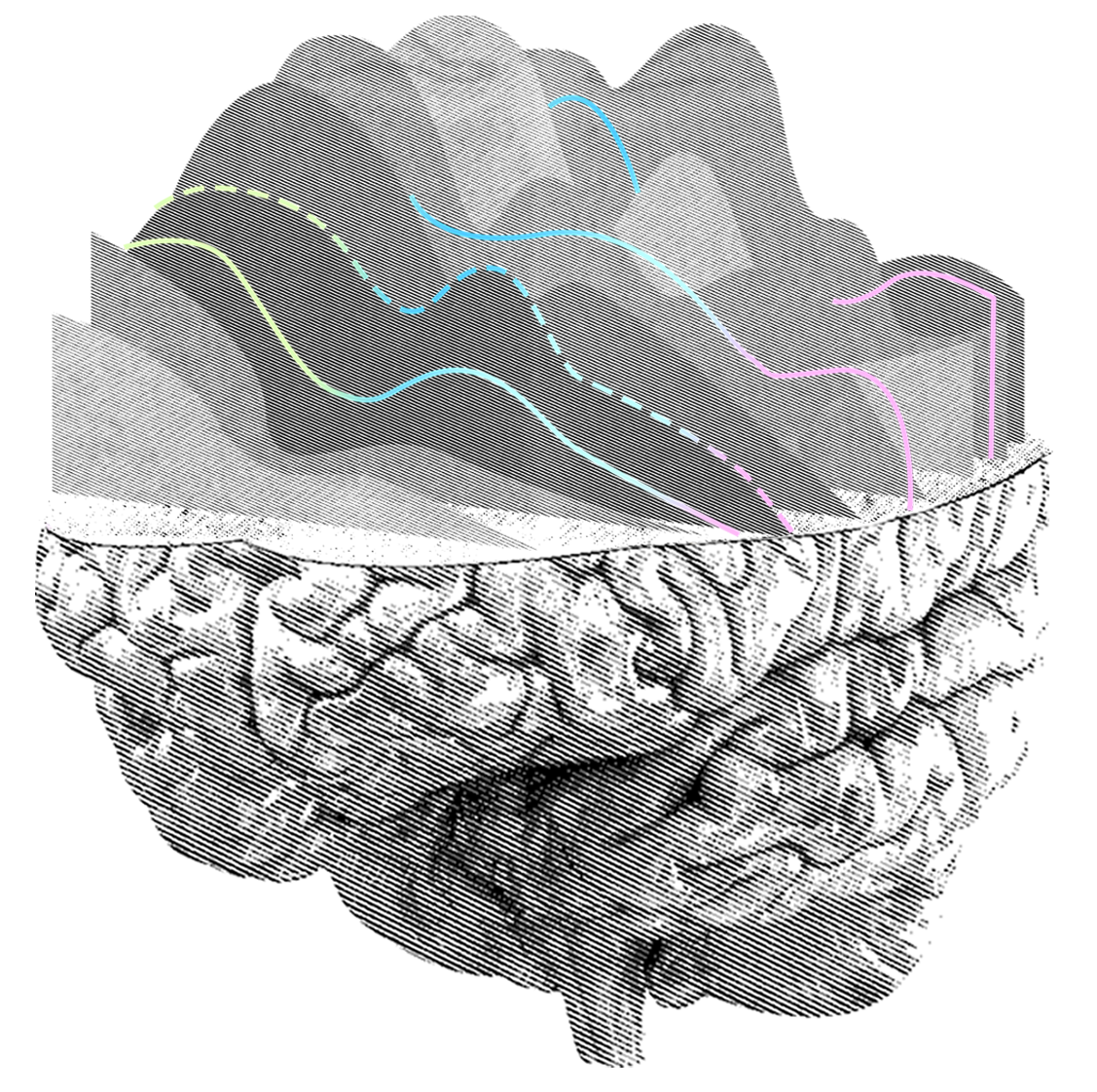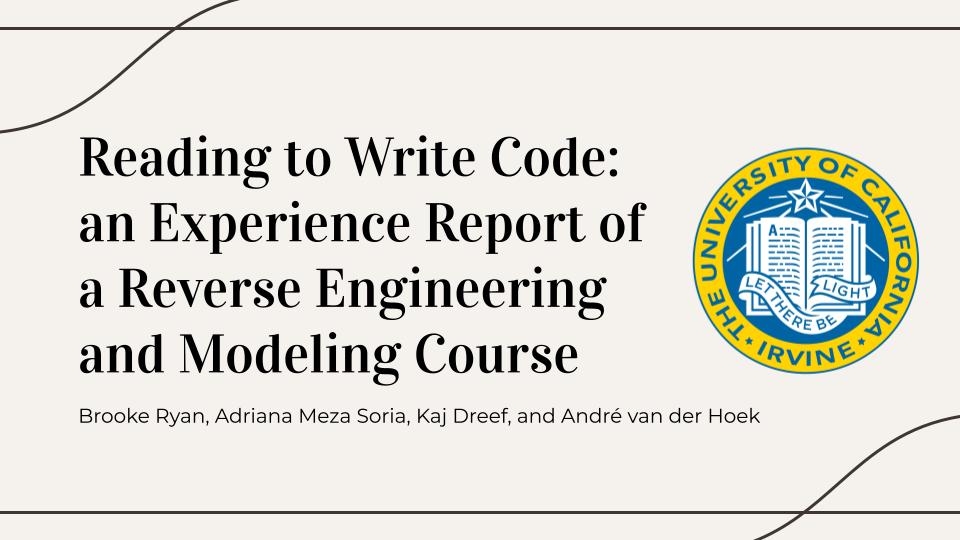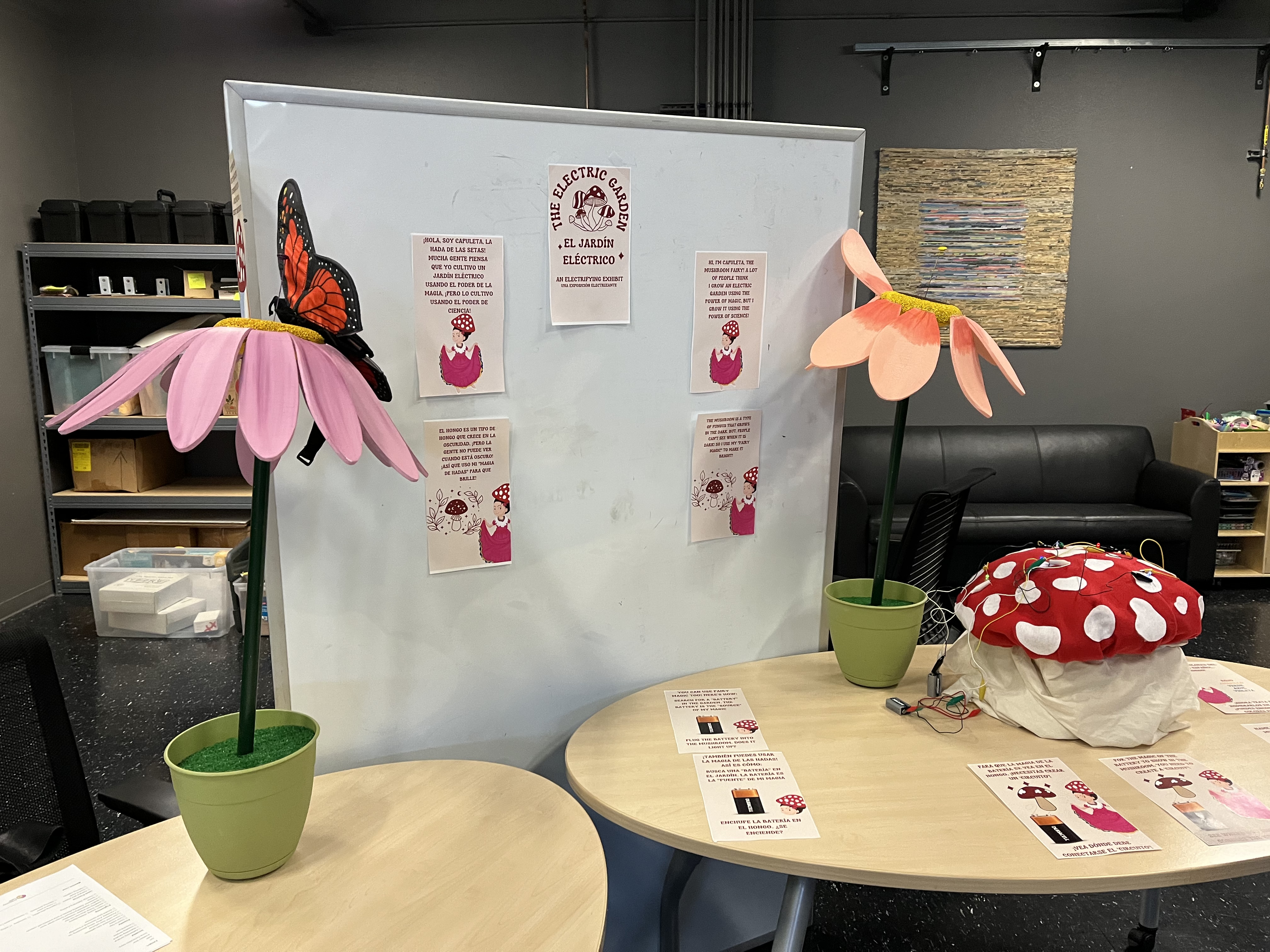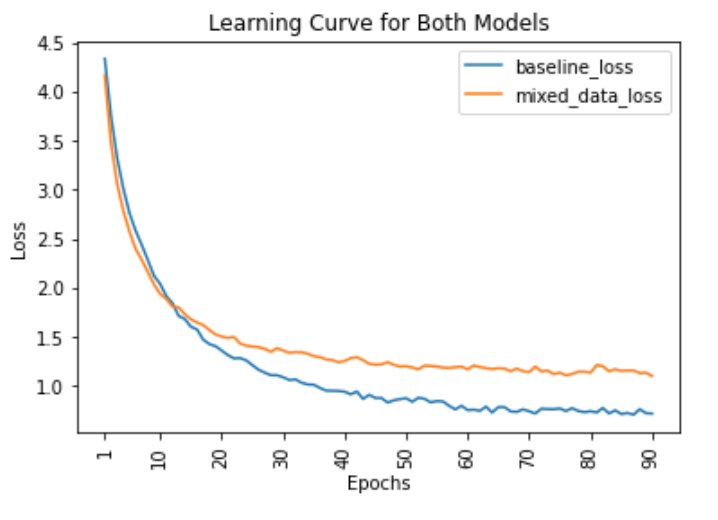Research

How do our distinctly human cognitive capabilities arise from the connections between the billions of neurons in the brain? What are the computational properties that enable precise yet generalizable knowledge about the world to be represented amongst neural connections? How does the symphony of internal experience arise from the architectures governing discrete regions of brain function? Such are the questions that fundamentally drive my curiosity and passion for exploring the brain, mind, and artificial representations of intelligence.
My research leverages computational, behavioral, and neuroimaging techniques aimed at understanding the mechanisms that give rise to our uniquely human cognitive abilities. I am particularly interested in leveraging brain-like, high-parameter artificial neural networks, as they are fruitful for utilizing naturalistic, high-dimensional behavioral datasets that are more akin to real-life experience. I also find such models to be interesting due to their potentially mechanistic explanations for how higher-order cognition may arise from the organization of neurons.
In my current work, I am pursuing projects at the intersection of human intelligence and artificial intelligence; language acquisition in infants with the Hasson lab, and inductive biases in neural architectures and predicting human behavior in low-data regimes with the Mattar lab. Below are my past research projects and publications, which additionally span topics including Computer Science education and Computer Vision.
Publications
Reading to Write Code: An Experience Report of a Reverse Engineering and Modeling Course
Brooke Ryan, Adriana Meza Soria, Kaj Dreef and André van der Hoek
A substantial portion of any software engineer’s job is reading code. Despite the criticality of this skill in a budding software engineer...
International Conference on Software Engineering: Software Engineering Education and Training, 2022 Brooke Ryan, Adriana Meza Soria, Kaj Dreef and André van der Hoek. 2022. Reading to Write Code: An Experience Report of a Reverse Engineering and Modeling Course. In 44nd International Conference on Software Engineering: Software Engineering Education and Training (ICSESEET ’22), May 21–29, 2022, Pittsburgh, PA, USA. ACM, New York, NY, USA, 12 pages. https://doi.org/10.1145/3510456.3514164@inproceedings{ReadingWriteCodeExperienceReportRyan2022,
title = {Reading to {{Write Code}}: {{An Experience Report}} of a {{Reverse Engineering}} and {{Modeling Course}}},
author = {Ryan, Brooke and Soria, Adriana Meza and Dreef, Kaj and van der Hoek, André},
booktitle = {44th International Conference on Software Engineering (ICSE ’22)},
doi = {https://doi.org/10.1145/3510456.3514164},
date = {2022},
pages = {12},
abstract = {A substantial portion of any software engineer’s job is reading code. Despite the criticality of this skill in a budding software engineer, reading code—and more specifically, techniques on how to read code when integrating oneself into a large existing software project—is often neglected in the typical software engineering education. As part of a new professional Master of Software Engineering at the University of California, Irvine, we designed and delivered a “reading to write code” course from the ground up. Titled Reverse Engineering and Modeling, the course introduces students to techniques they can use to become familiar with a large code base, so they are able to make meaningful contributions. In this paper, we briefly introduce the Master program and its underlying philosophy, articulate the course’s learning outcomes, present the design of the course, and provide a detailed reflection on our experiences in terms of what went well, what did not go well, what we do not know yet, and what our next steps are in preparing for the forthcoming incarnation of the course in Spring 2022. In so doing, we hope to provide a baseline together with lessons learned for others who may be interested in instituting a similar course at their institution.},
}Projects
The Electric Garden/ El Jardín Eléctrico
Brooke K. Ryan* and Mayra Cortez*
What if we could leverage the inherent power of the collective imagination as a medium for integrating the arts and the sciences? This is ...
Advised by Professor Kylie Peppler; 2022Machine Visual Acuity
Brooke K. Ryan*, Anderson Vu, MD*, and Andreana Chua
In this project, we aim to gain insights about human visual acuity by applying these tests to machines. The main goal is to first train a ...
Advised by Professor Andrew Browne, MD and Professor Pierre Baldi; 2021

